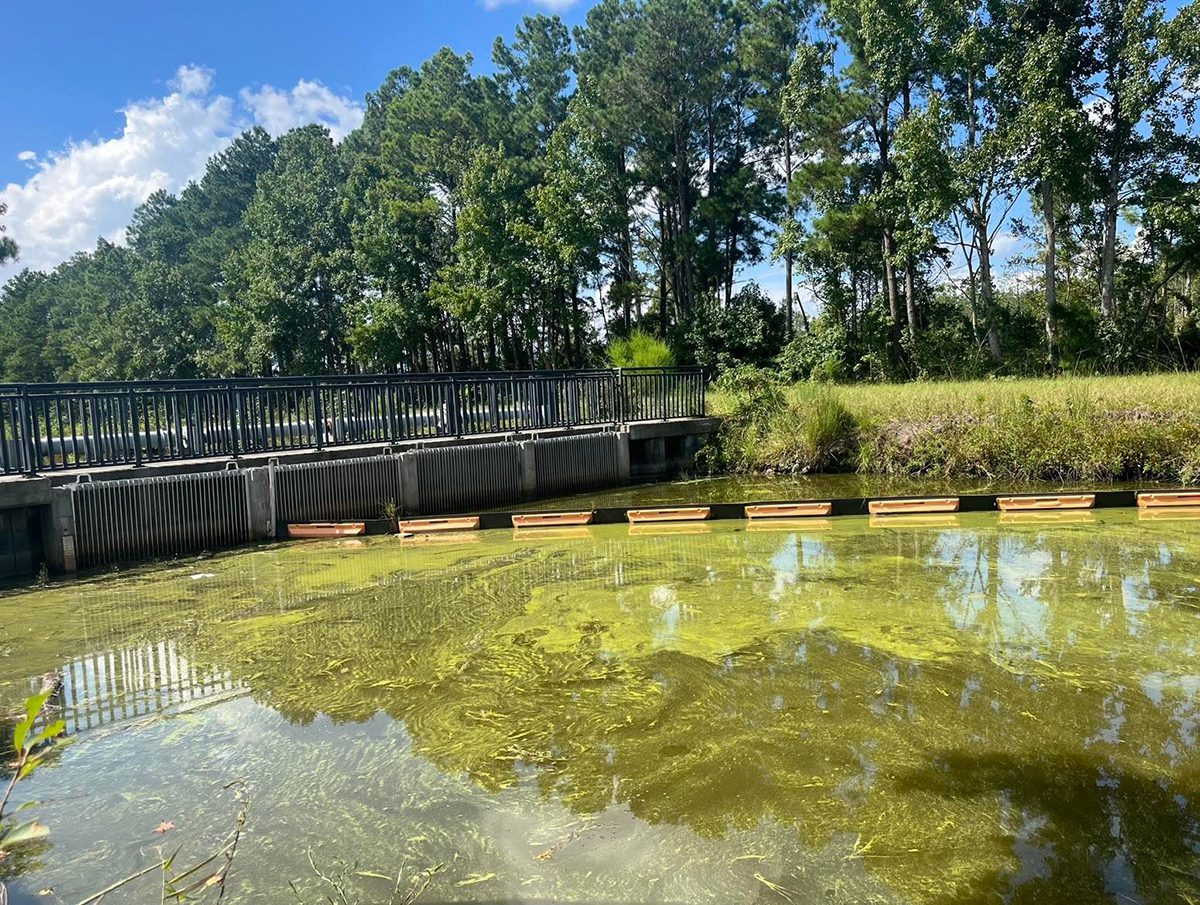
Using the recently announced $1 million grant from the Bipartisan Infrastructure Law, large numbers of common carp will soon be removed from Lake Mattamuskeet, making room for freshwater fish including largemouth bass, crappie, catfish, sunfish and striped bass.
“Lake Mattamuskeet is the centerpiece of Hyde County,” said Kendall Smith, refuge manager at Mattamuskeet National Wildlife Refuge. “It has provided a prime source of outdoor recreation for years and continues to be treasured even in its impaired state.”
Supporter Spotlight
The invasive carp in Lake Mattamuskeet compete with native fish for the natural resources, destroy the natural aquatic habitat, and degrade water quality by muddying the waters and uprooting aquatic plants. Their destruction also negatively impacts migratory wintering waterfowl that feed on the plants.
The funding will help the U.S. Fish and Wildlife Service improve the natural environment of the 40,000-acre Lake Mattamuskeet and its four outlet canals. Combatting aquatic invasive species, like the carp in the lake, protects wildlife, improves water quality, supports the community and restores the natural ecosystem and habitat, officials said.
The Fish and Wildlife Service partnered with the North Carolina Wildlife Resources Commission to get rid of the carp that block sunlight the underwater plants need to grow and uproot necessary vegetation for other wildlife.
Several years ago, barriers were installed at the lake’s four tide gates to keep adult carp from entering the lake, but the carp still in the lake must go.
The carp will be removed using large haul seines, baited traps, pound nets and herding methods to move carp into nets successfully. Once netted, carp are extracted from the lake.
Supporter Spotlight
“Removing a large amount of the carp and keeping the population low will improve water quality by increasing sunlight and decreasing the sediment they stir up, which clouds the water,” Smith said. “Better water quality will allow underwater plants to grow, providing a healthier habitat for birds and fish and a better experience for our neighbors and friends who enjoy Lake Mattamuskeet.”







